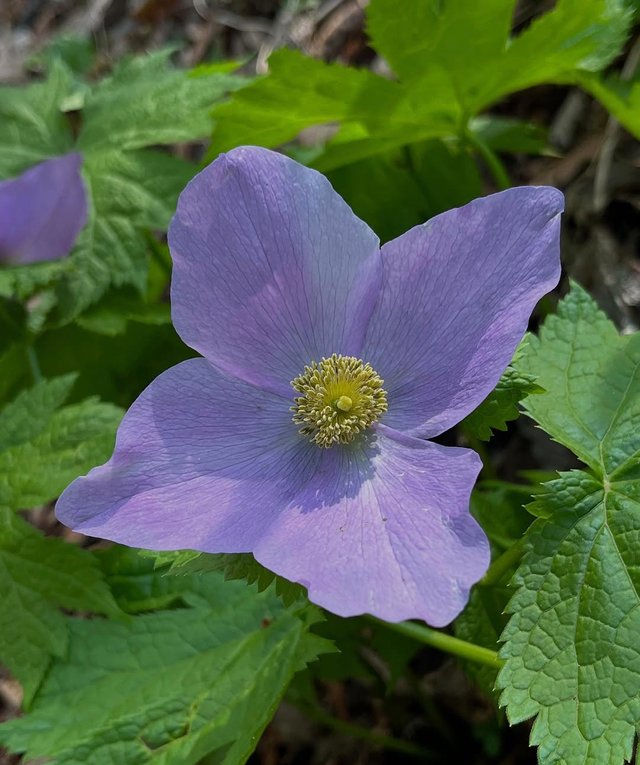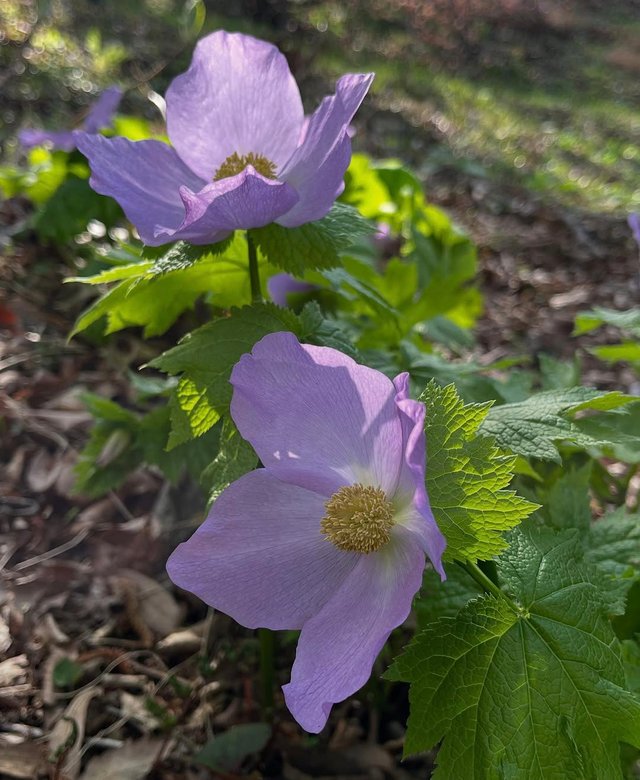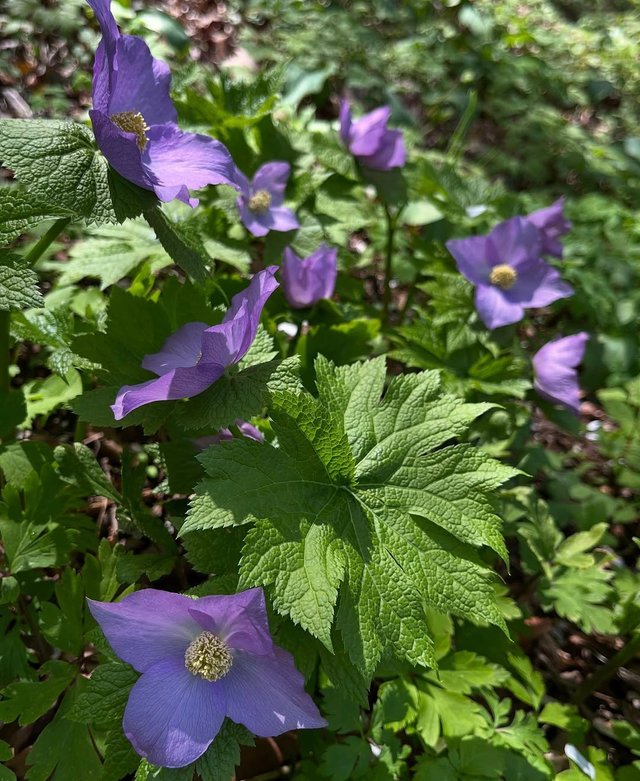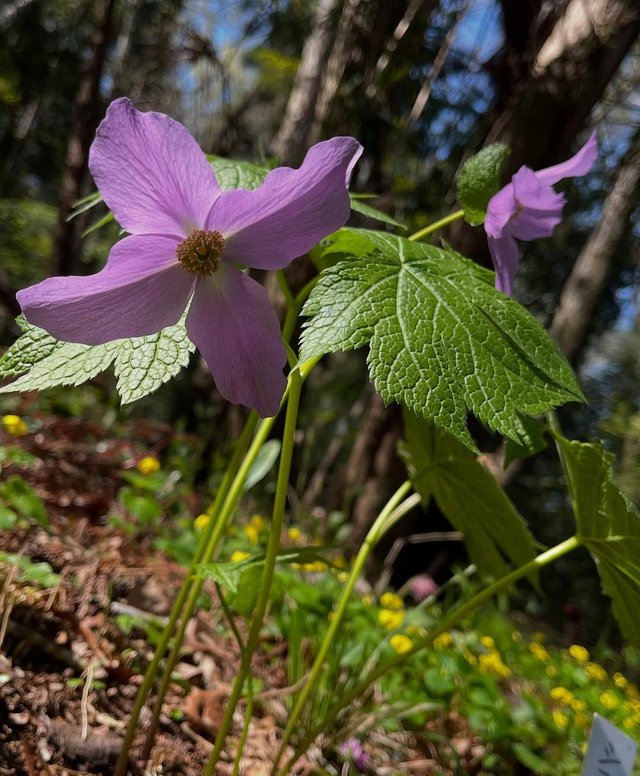Glaucidium palmatum Flower




In the secluded, mossy woodlands of northern Japan, a delicate and rare beauty quietly emerges each spring—Glaucidium palmatum, commonly known as the Japanese wood poppy. This remarkable flowering perennial is a plant of quiet majesty, revered by botanists and shade gardeners alike for its elegant form, soft blooms, and elusive presence in the wild.Glaucidium palmatum holds a unique position in the plant kingdom. It is monotypic, meaning it is the only species in the entire Glaucidium genus, and it belongs to the Ranunculaceae family—the same family as buttercups and anemones. This ancient lineage is evident in its flower structure and leaf form, giving it a sort of timeless, primordial grace.
Native to the cool, temperate mountain forests of Honshu and Hokkaido, Japan, Glaucidium evolved in environments marked by rich humus, high rainfall, and dense tree canopy—conditions that explain its preference for shady, moist, and well-drained habitats.The true magic of Glaucidium palmatum lies in its flowers. Blooming in late spring, the flowers appear on short, sturdy stems—each one bearing a single, cupped bloom that resembles a poppy or large anemone. The petals are broad, slightly crinkled, and satiny in texture, ranging in color from soft lavender to pale lilac, with occasional white forms.
At the center of the flower, a prominent cluster of yellow stamens provides gentle contrast, while the blossoms are gracefully framed by the deeply lobed, palmate leaves from which the plant gets its species name.Though never garish or showy, Glaucidium commands attention through poise and harmony. It’s the kind of flower that feels at home in a Japanese temple garden or a woodland retreat—natural yet deeply refined.For gardeners lucky enough to grow it, Glaucidium palmatum is a slow but rewarding plant. It requires conditions similar to its native forest floor: deep shade to dappled light, rich organic soil, and consistent moisture, especially during the growing season. Hot, dry climates are not suitable for this cool-weather lover.
